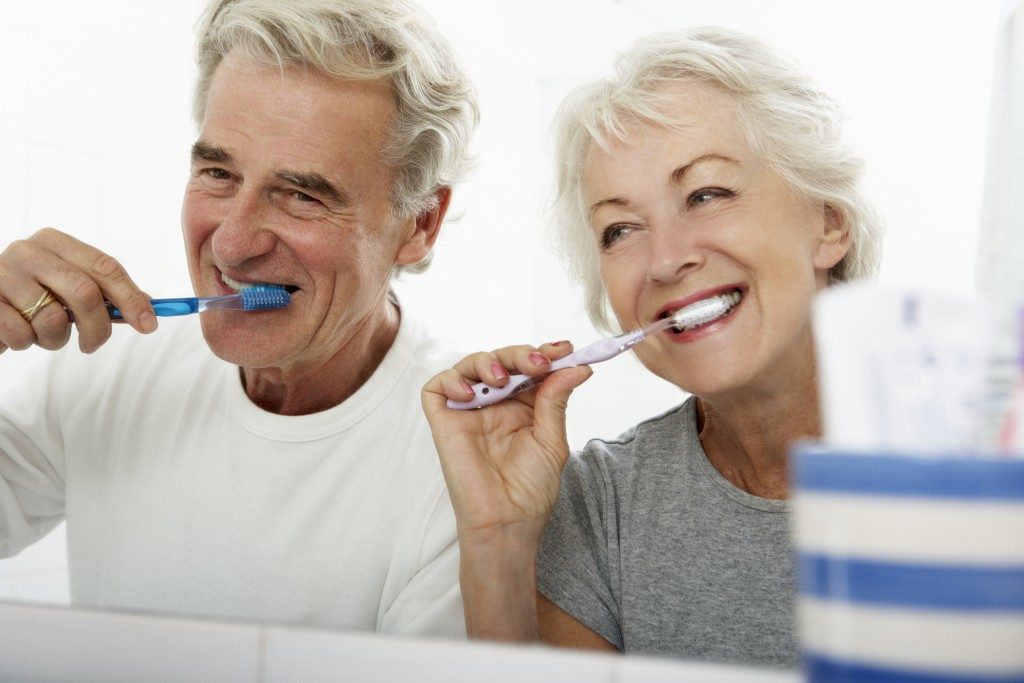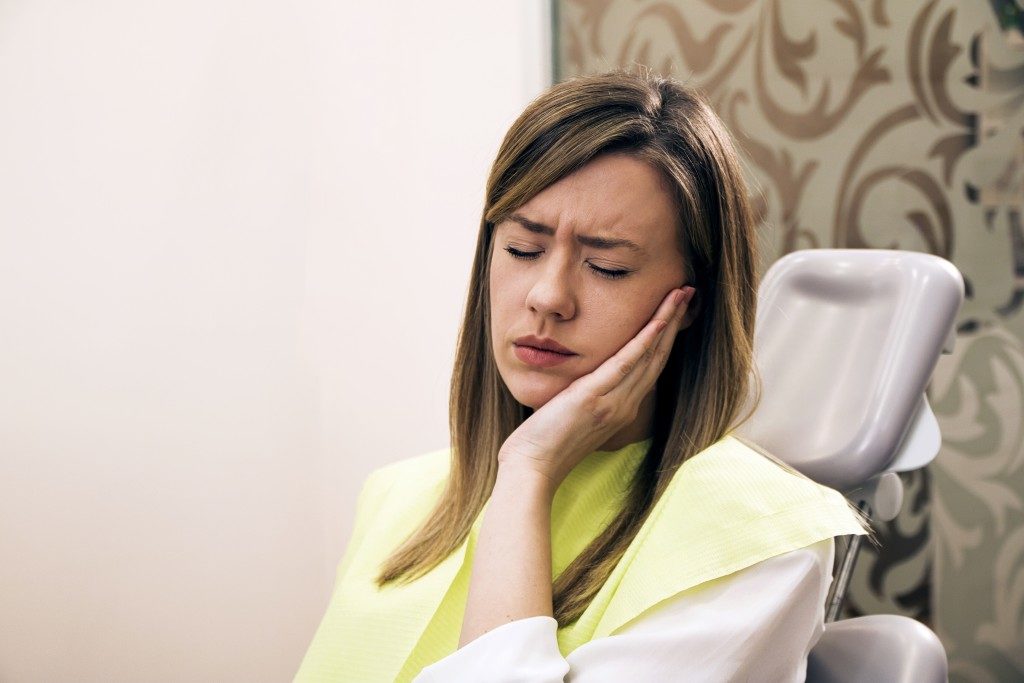Over 25% of Americans adults lose all their teeth by the time they hit 65 years old. A lot of us go about our days, drinking and eating, without giving much thought to our teeth. What we do not realize is how some simple every day habits can actually cause damage to our pearly whites more than we know.
Oral health goes beyond regular brushing and flossing of the teeth. There are a number of different factors that can land you in the Upland dental and implant clinic or center or any other dental clinics, complaining of tooth decay, cavities and even gum disease.
Here are some routine habits to steer clear of or stop doing.
Using teeth as tools
A survey by the National Dental Practice-Based Research Network showed that out of 1,962 patients evaluated, 66% had at least one cracked molar. In fact, fractured and cracked teeth are the third leading cause of tooth loss.
We’ve all used our teeth as tools at one point in our lives. This includes opening packages with our teeth. It may seem convenient at the time, but using our teeth as such is actually causing more harm than we know. Similarly, chewing on ice or pencils are some habits that should be stopped. These seemingly harmless actions can lead to microscopic cracks on the surface of the teeth that will expand and cause more significant damage over time.
Brushing with hard-bristled toothbrushes
A study conducted by the Journal of Clinical Periodontology revealed that hard bristled toothbrushes could actually damage the protective tooth enamel and root surface. More specifically, these brushes were observed to cause the most negative impact on the gums.
They labeled this as “traumatic tooth brushing.” Gum disease has been identified as one of the significant risk factors for the development of serious health conditions, such as heart disease. Between, soft, medium and hard nylon bristles, soft-bristled toothbrushes will be the safest choice.
Using soft-bristled toothbrushes with high-quality toothpaste can help keep bacteria and plaque away.
Brushing immediately after a meal

For a long time, people have grown up believing that it was best to brush the teeth immediately after meals. However, research has shown otherwise. Brushing immediately after eating can do more harm than good to the teeth.
Instead, it is recommended that brushing should be done at least 30 minutes after consuming food that contains citric acid, like oranges and grapefruits. The acid in these kinds of food can soften the tooth enamel for a period of time, and any brushing will cause further damage to the enamel while in this weakened state.
Drinking soda and sport drinks
In the context of acids in food damaging the teeth, some of the most significant causes of extrinsic dental erosion are soda, sports drinks and fruit juices. These beverages have low pH values and are loaded with phosphoric acid.
Prolonged exposure to these acids will also erode the tooth enamel and expose the sensitive tissues underneath.
Oral diseases continue to be a serious health problem despite the emphasis of oral healthcare over the past few decades. In fact, $110 billion are spent yearly on oral healthcare in the United States alone. That’s more money invested than in cancer care.
On top of your regular visits to the dentist, you can make sure your teeth are in tip-top shape by avoiding these seemingly harmless daily habits.

